Policy Documents
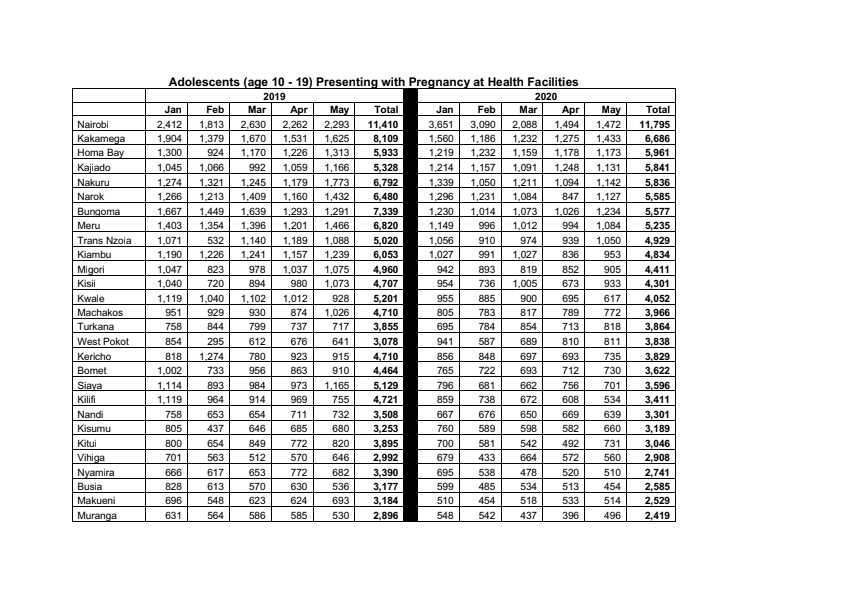
This is an extract from Kenya Health Information System (KHIS) on the current adolescent pregnancy situation in different counties of the country.
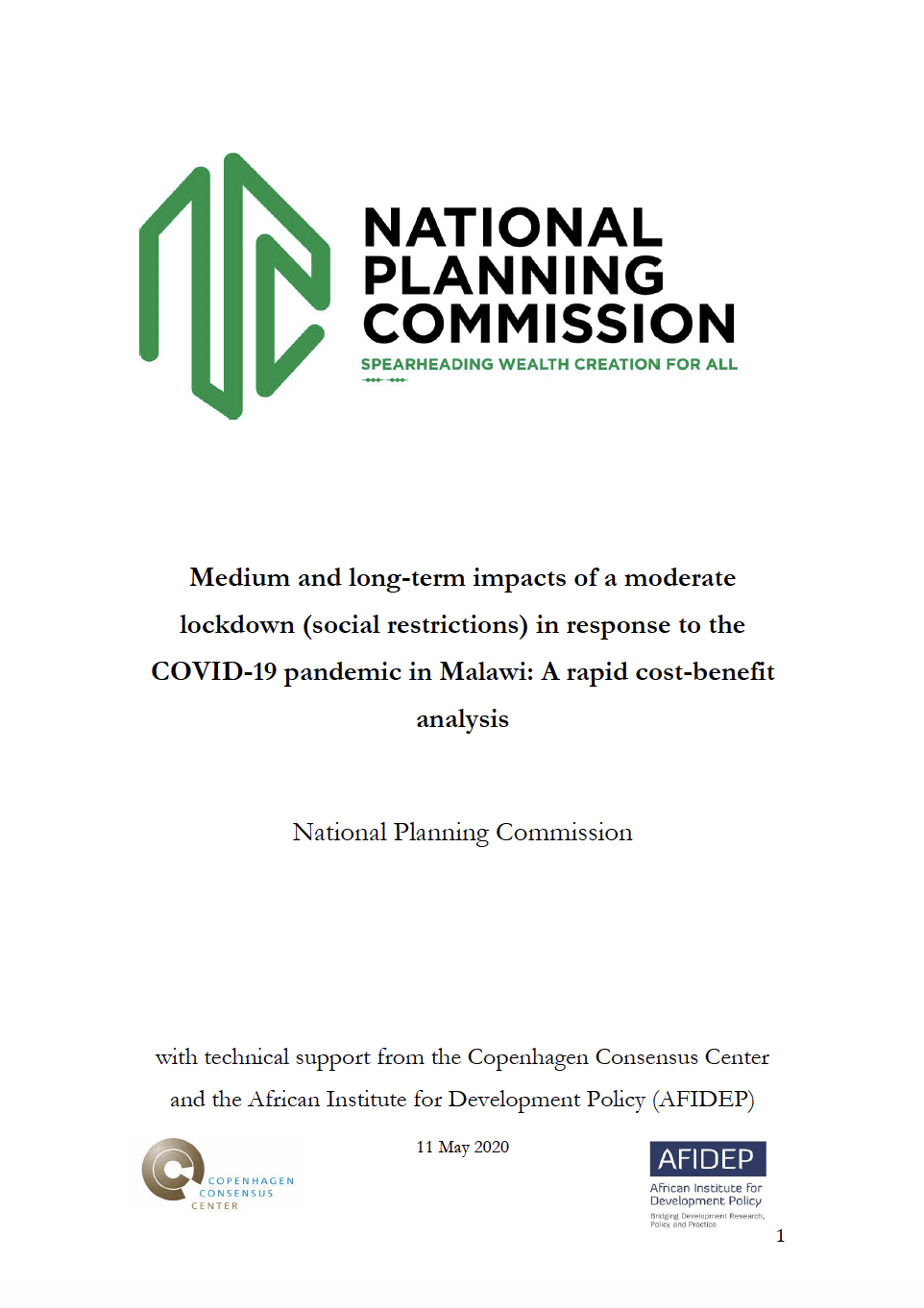
The purpose of this brief is to examine the medium and long-term opportunity costs of different strategies aimed at lessening the impact of the COVID-19 pandemic in Malawi. The brief focuses on moderate lockdown measures largely referring to social restrictions as promoted through school closures as well as movement and livelihood restrictions principally minimising social contact.
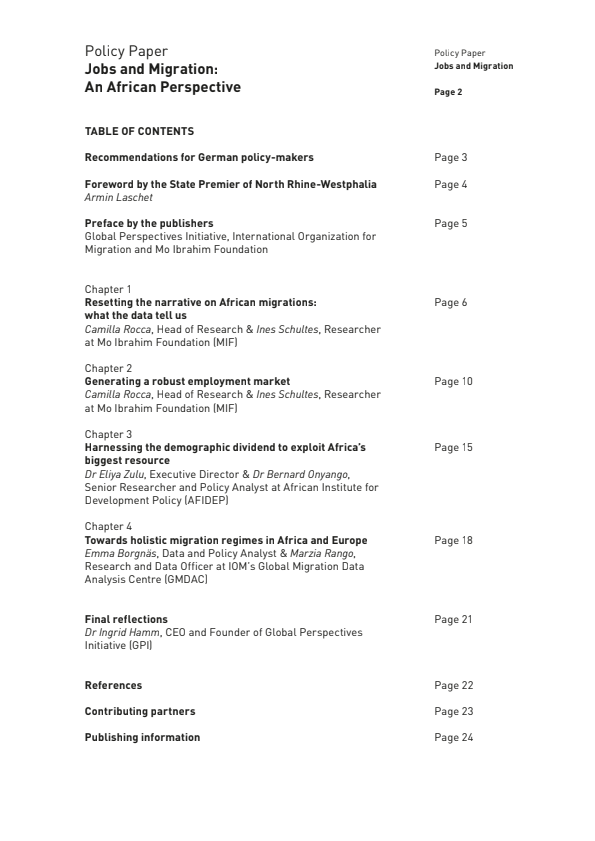
Migration has been part of human history for thousands of years with proven positive effects. Nevertheless, in some parts of German and European societies, migration is increasingly perceived and portrayed as not beneficial. This policy paper provides an African perspective on migration highlighting the links between a growing population, the lack of economic prospects and the future of job markets.
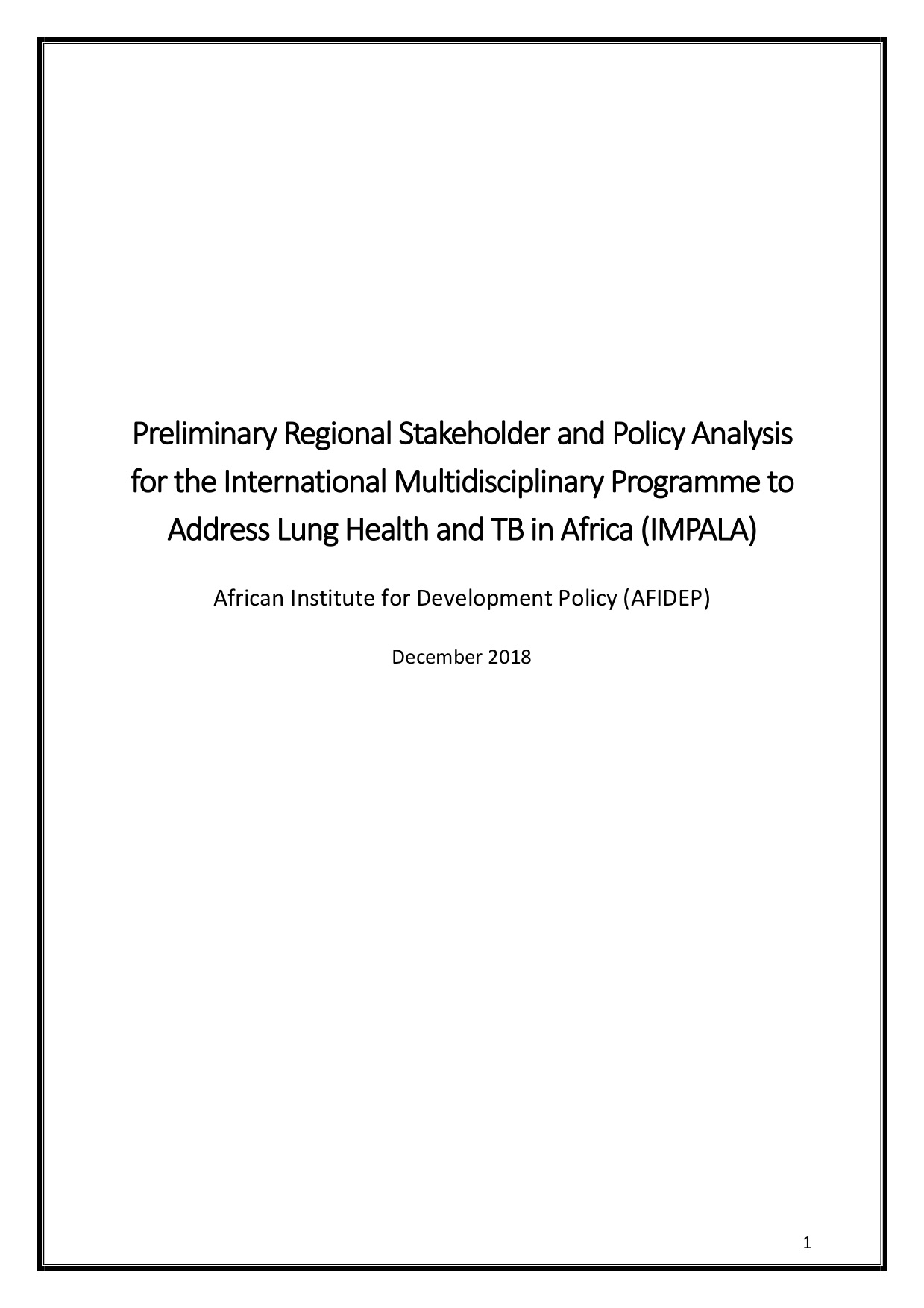
The International Multidisciplinary Programme to Address Lung Health and TB in Africa (IMPALA) is a four-year collaborative programme led by the Liverpool School of Tropical Medicine (LSTM) and funded by the National Institute of Health Research (NIHR) that supports researchers, strengthens research institutions, and fills evidence gaps to address high-burden lung health issues in Africa, many of which lack sufficient funding and research evidence.
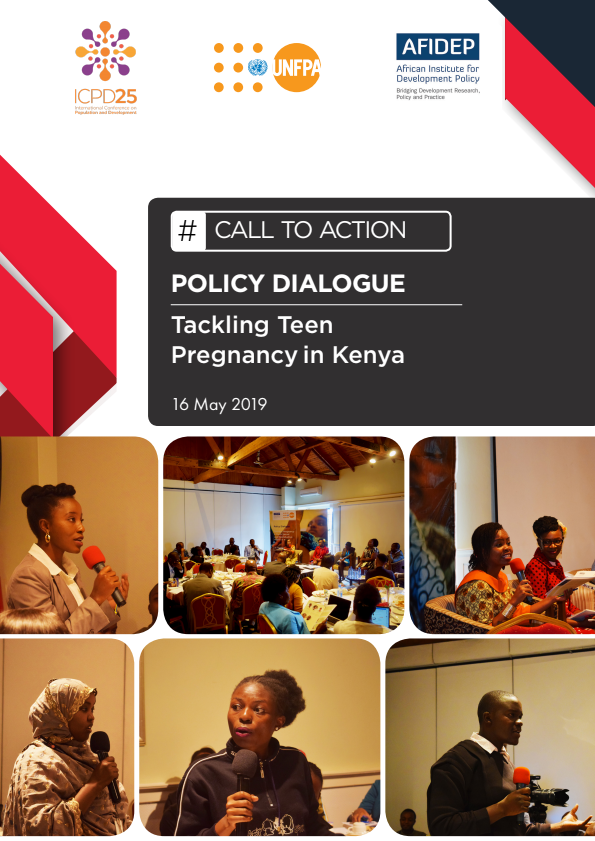
On 16 May 2019, the African Institute for Policy Development (AFIDEP) and the United Nations Population Fund (UNFPA) convened a policy dialogue that was attended by 70 participants from the government, development partners, the youth, academia, think tanks, civil society, faith-based organisations and the media. The meeting arrived at six key recommendations that call for action in ongoing approaches and interventions to decisively end the problem of teen pregnancies. These recommendations are spelled out in this call to action.
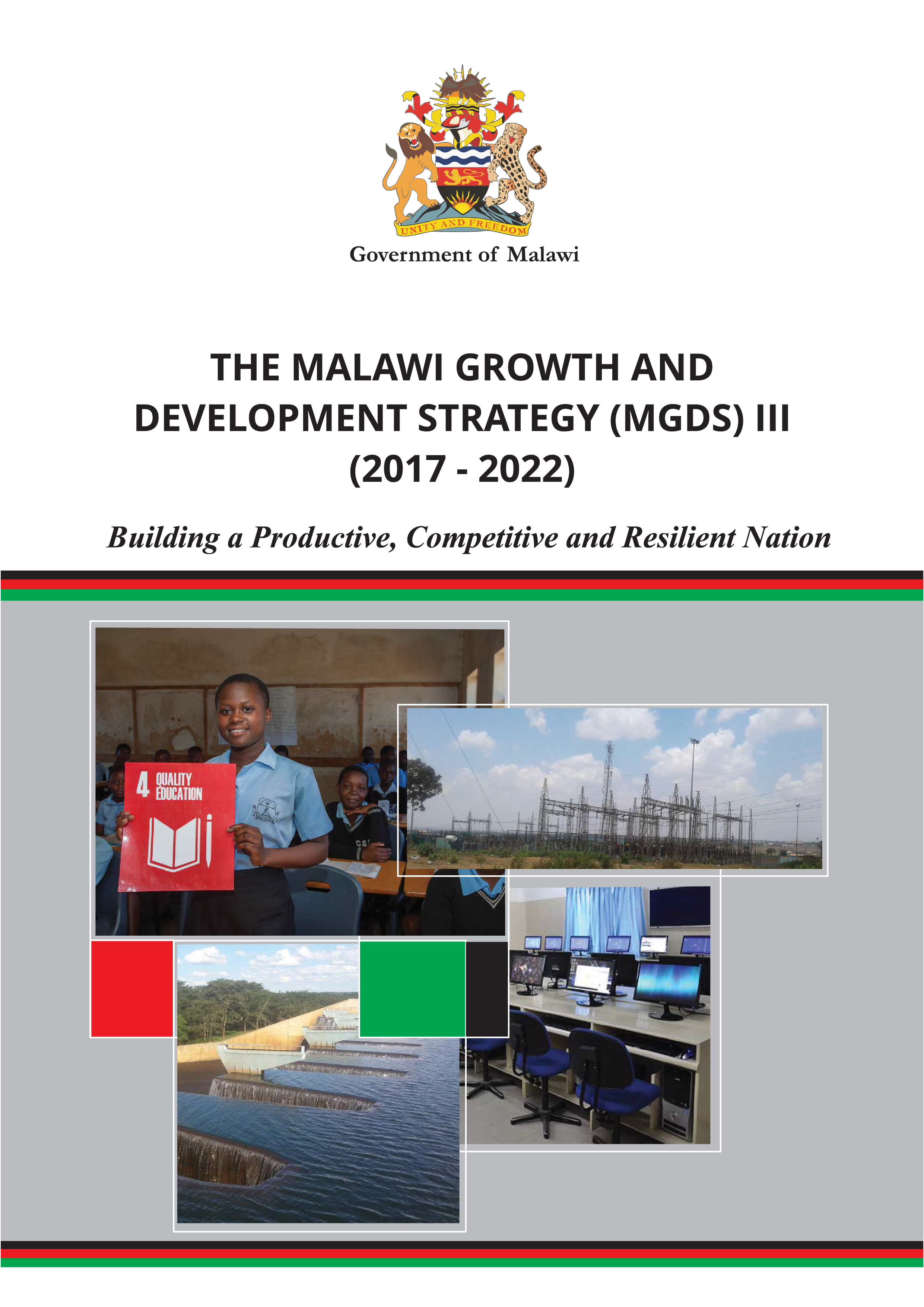
The third Malawi Growth and Development Strategy (MGDS III) will be implemented from 2017 to 2022. It is the fourth medium-term national development strategy aligned to the country’s long-term national development aspirations, which are articulated in Vision 2020. The previous development strategies that were developed to implement Malawi’s Vision 2020 were the Malawi Poverty Reduction Strategy Paper (MPRSP), the Malawi Growth and Development Strategy (MGDS) I and II.
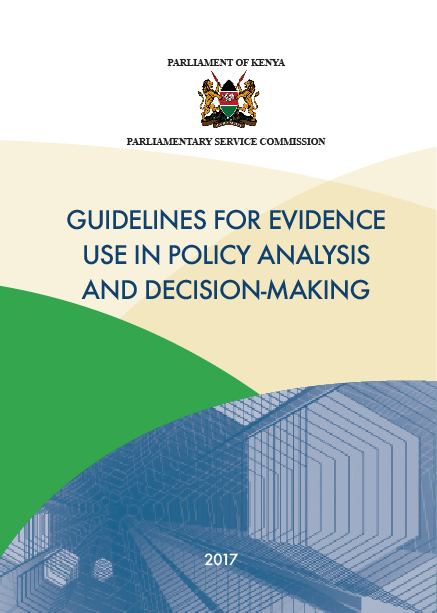
These Guidelines for Evidence Use in Policy Analysis and Decision-Making have been developed to provide practical guidance to technical staff and Members of Parliament on better and more effective ways of finding, appraising, synthesising and applying research evidence in policy analysis and decision-making. The Guidelines therefore make a significant contribution towards enabling Parliament to effectively deliver its core functions of oversight, legislation, budgeting and representation, given the critical role of information, including scientific and other types of evidence, in the delivery of these functions.
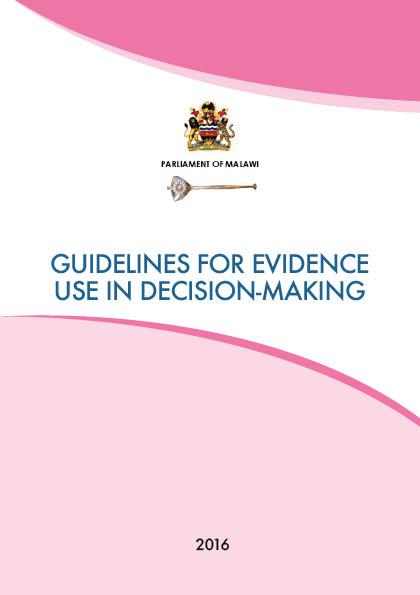
The development of these Guidelines was made possible through the Malawi Parliament’s collaboration with the Strengthening Capacity to Use Research Evidence in Health Policy (SECURE Health) programme, which is a consortium of five organisations led by African Institute for Development Policy (AFIDEP). The development of the guidelines has been informed by the Malawi Government’s provisions and guidance contained in the Malawi Constitution, the Attorney General’s Memorandum, the Guide to Executive Decision-Making Processes, the Standing Orders of Parliament, and the Malawi National Assembly Strategic Plan (2015-2020).
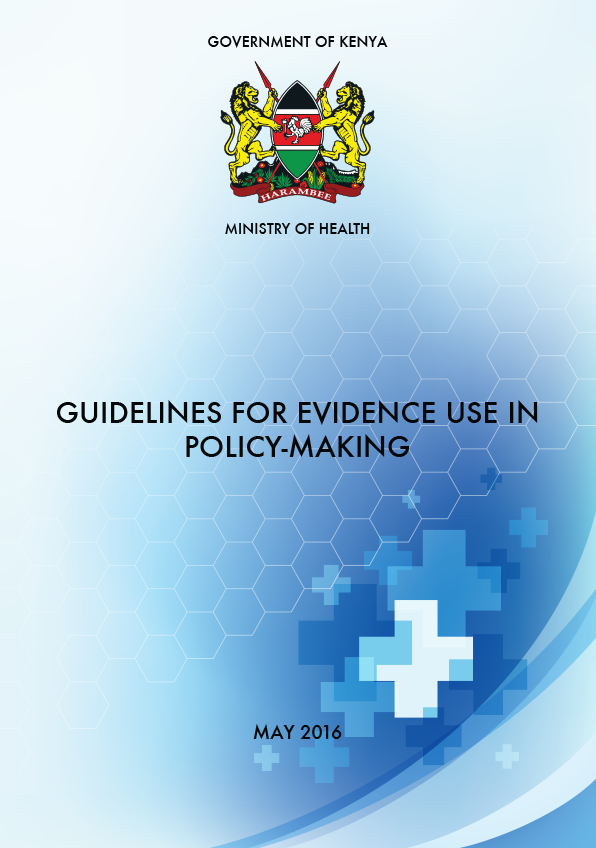
These Guidelines for Evidence Use in Policy-Making have been developed to provide practical guidance to health sector stakeholders on better and more effective ways of finding, appraising, synthesising and applying research evidence in policy-making. The Guidelines therefore make an important contribution to the realisation of one of the Ministry of Health’s (MoH) commitments in the Kenya Health Policy 2014-2030 of increasing use of research evidence in decision-making in the health sector.
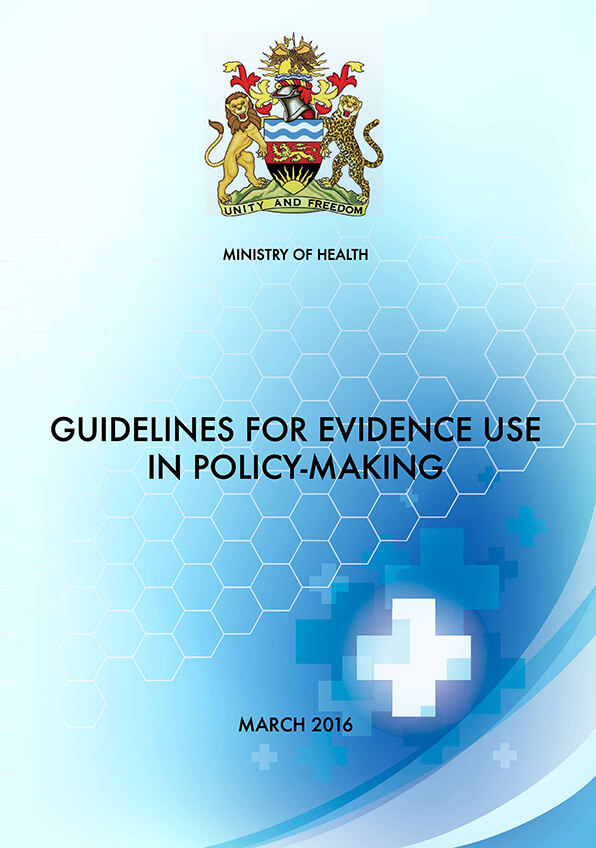
The need for guidelines for evidence use in decision-making in the health sector has been identified by the Ministry of Health (MoH)’s senior officials and staff through interactions with the Strengthening Capacity to Use Evidence in Health Policy (SECURE Health) programme. The results of a study conducted by the SECURE Health Programme in 2014 on the status of research use within the MoH and Parliament, and an initial external evaluation of the SECURE Health programme conducted in 2015 have revealed a need for guidelines on policymaking and evidence use within the Ministry.

